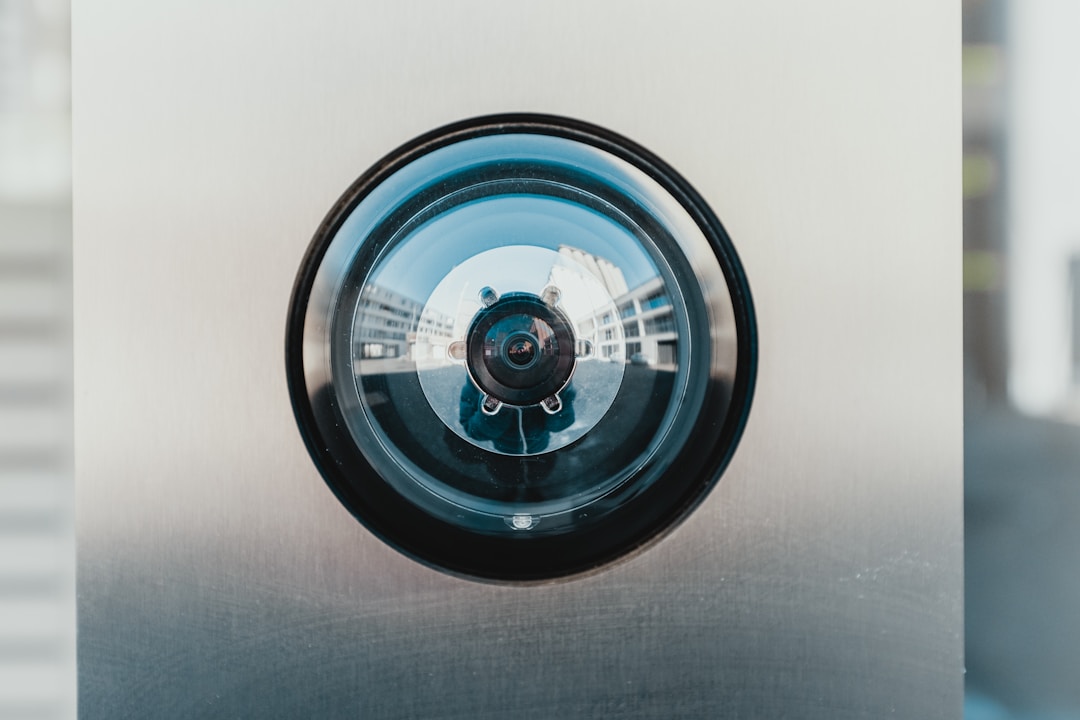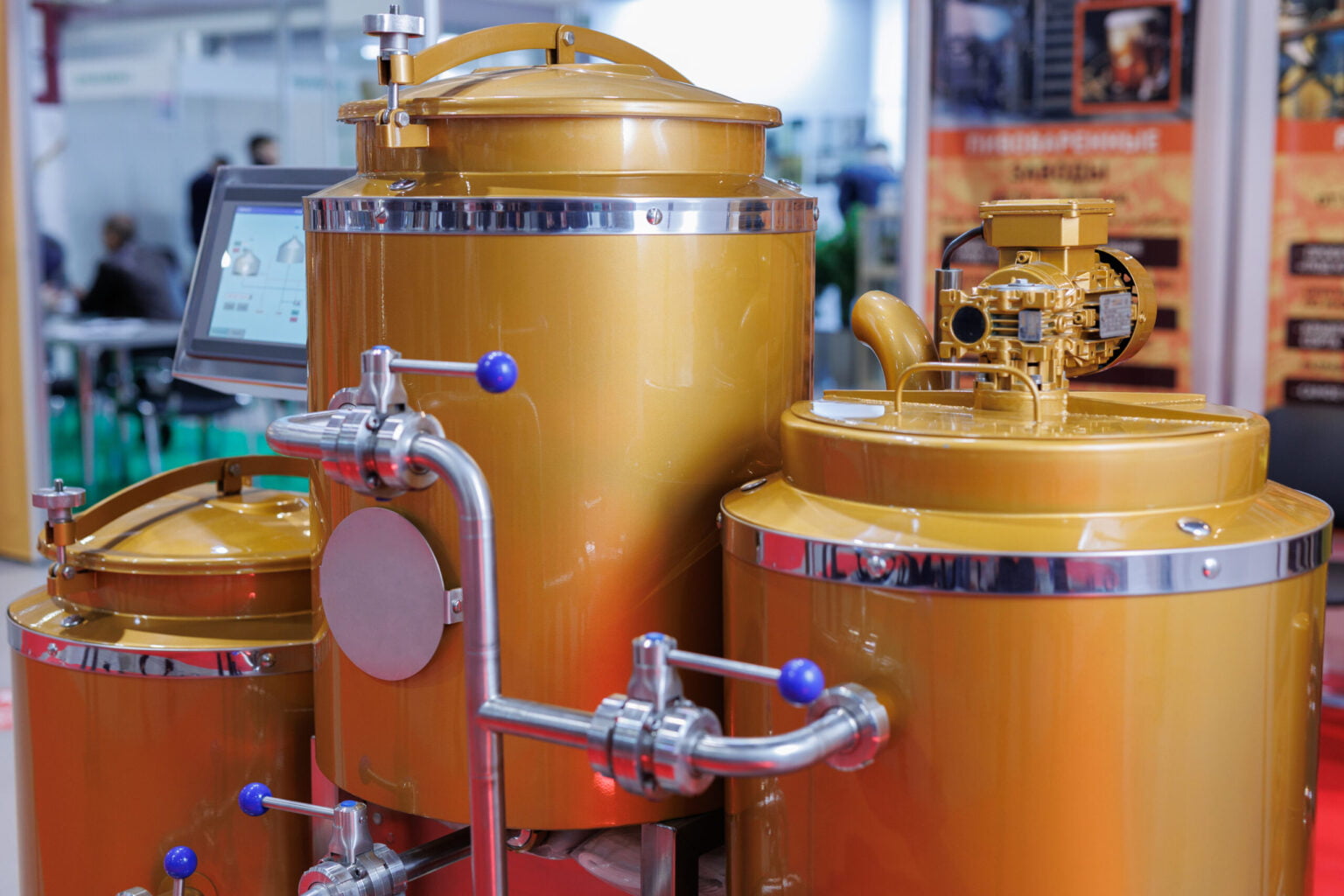Choosing the right security system can be a daunting task for businesses. With so many options and technologies available, it can be challenging to gauge which one best suits your needs. One primary element to consider is the type of video recording system employed: network video recorders (NVR) and digital video recorders (DVR). In this article, we’ll analyze the key differences between NVR vs DVR cameras, comparing factors such as storage capabilities, video quality, installation, and accessibility. Keep reading to learn more.
Storage Capabilities

When it comes to storing video footage, both NVR and DVR systems provide ample capabilities. However, there are notable differences in terms of capacity and flexibility. DVR systems are known to have limited storage capacities due to their reliance on older and more traditional hard drive technology. This can result in shorter retention periods, requiring frequent maintenance and archiving of data.
On the other hand, NVR cameras utilize more advanced storage options, such as network-attached storage (NAS) devices or the cloud. This not only allows for expanded storage capacities but also offers better reliability and scalability. Users can easily add more cameras to their system without worrying about running out of storage space—a significant advantage for growing businesses and institutions. Moreover, cloud storage options present enhanced security features, ensuring your data remains safe from external threats like hacking or theft.
Video Quality and Compression
Video quality plays a critical role in security, as clearer footage translates to higher efficiency in identifying incidents and suspects. DVR cameras typically use analog technology, relying on coaxial cables for data transmission. This can result in limitations to video resolution.
Conversely, NVR cameras employ digital technology, transmitting data over IP networks. This allows for superior video quality, often up to 4K resolution or higher. The sharp and detailed images provided by NVR cameras can be invaluable in evidence collection and incident analysis. Additionally, NVR systems generally use more advanced video compression techniques, which help maintain high-resolution video without consuming excessive storage space or bandwidth.
Installation and Setup
Installation and setup procedures for NVR and DVR systems can vary significantly. DVR cameras often require complex wiring, utilizing separate cables for power and video transmission. This can lead to time-consuming installations, especially in larger or more comprehensive security systems. In addition, the reliance on older analog technology can make it challenging to integrate these cameras into newer infrastructures that use digital technology.
NVR cameras, on the other hand, offer a more streamlined installation process. These cameras often support Power over Ethernet (PoE) technology, meaning they require just one cable for power and data transmission. This simplifies the setup process and minimizes cable clutter. Furthermore, the IP-based nature of NVR systems allows for easier integration with modern networks, making it a more compatible choice for businesses and institutions employing current infrastructure.
Remote Accessibility

Remote accessibility is a vital factor in security, as it enables users to monitor their premises from anywhere at any time. While DVR systems can provide some degree of remote access, limitations in technology may affect video quality and compatibility with various devices. Setting up remote access in DVR systems can be cumbersome, often requiring significant technical knowledge to configure.
NVR systems boast superior remote accessibility thanks to their reliance on IP networks. Users can easily access live and recorded footage from virtually any device with an internet connection, often via intuitive web-based applications or mobile apps. The simplified setup process and broad device compatibility make NVR systems a more versatile and user-friendly choice for remote monitoring.
While both NVR and DVR camera systems have their advantages and disadvantages, NVR technology excels in terms of storage capabilities, video quality, installation, and remote accessibility. As a result, NVR systems continue to gain popularity among businesses and homeowners seeking a reliable and efficient security solution. However, users must evaluate their specific needs and consider factors such as cost, compatibility, and infrastructure before deciding on the appropriate security system of choice.




